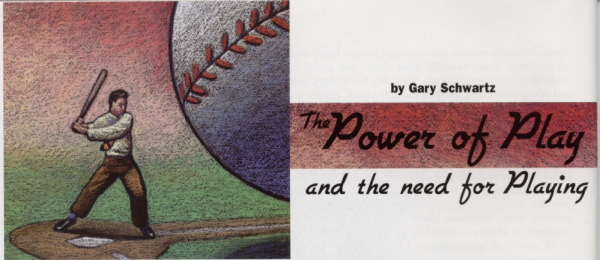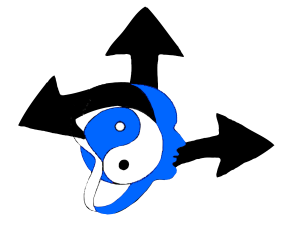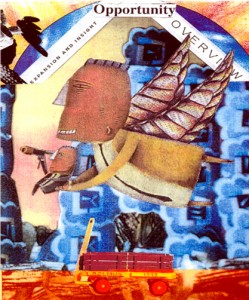
The spirit of play develops social adaptability, ethics, mental and emotional control, and imagination. These are the more complex adjustments a child learns through play. In play there are adjustments to new situations constantly: Play experience can prepare the person for purposefulness in non-play activities, for true play creates the incentive to use one’s best ability:Ththrough play a person can develop a pattern of self-reliance and self-confidence. — Neva L. Boyd, from the essay, A Theory of Play (Simon, 1971)
Something viewed as fun instead of a chore erases any expectation of judgment or the approval or disapproval of others.
Play creates a happy emotional condition of the organism-as-a-whole.
Play involves social values, as does no other behavior.
Viola Spolin said, “Acting requires presence. Playing produces this state.” She could have said living full and joyously requires presence — and playing produces this state because when people are at play, the physical and mental state merge into a unified whole. devoted only to the problem at hand — the playing of the game.
After all. a game is just a problem or set of problems) that needs solving. When playing, the intuitive ability engages and the mind becomes fully focused on the problem that the game requires. Action and thought merge into an integrated consciousness to attend solely to the play activity.







